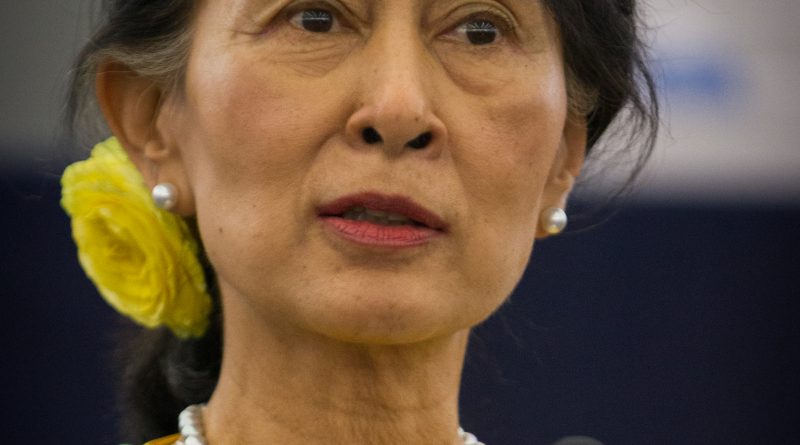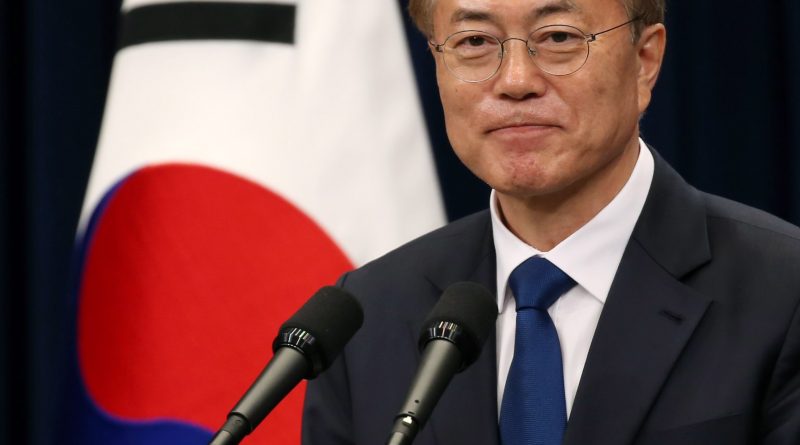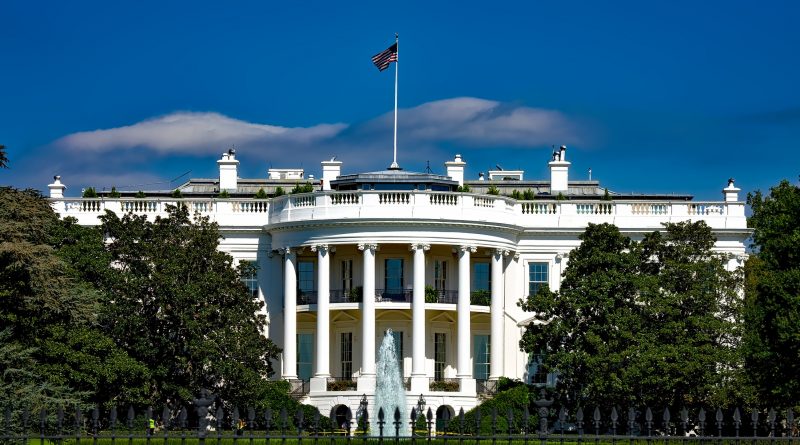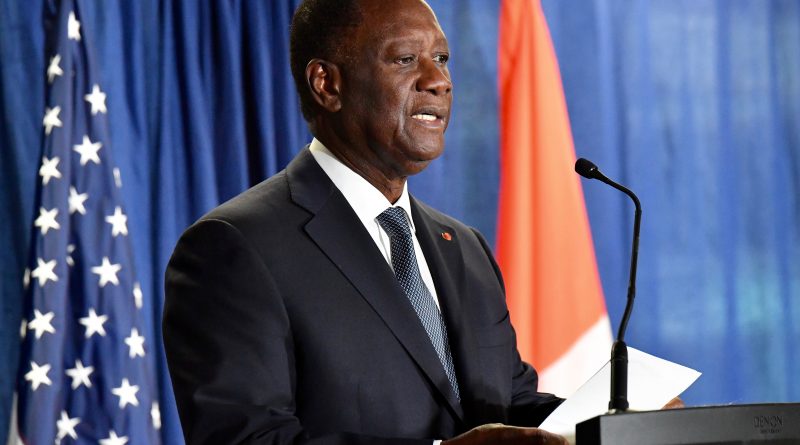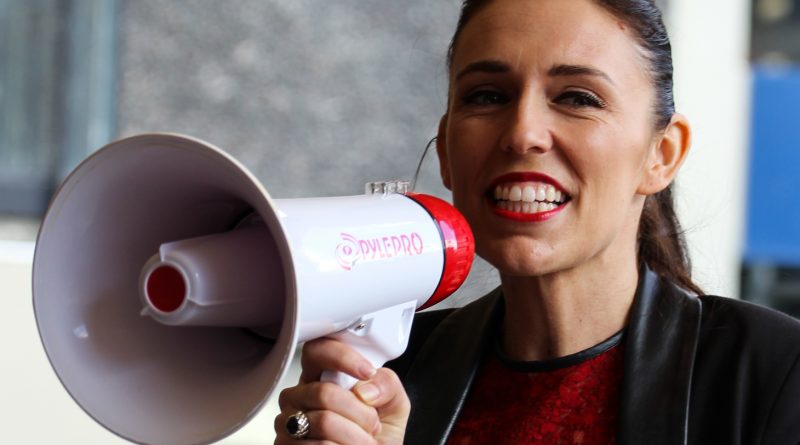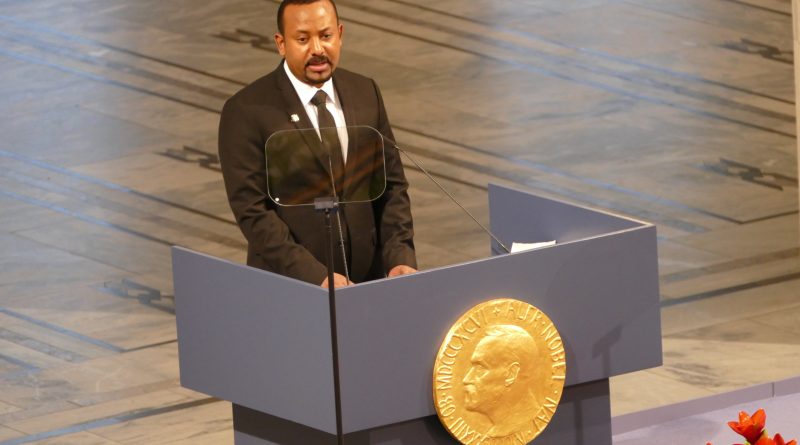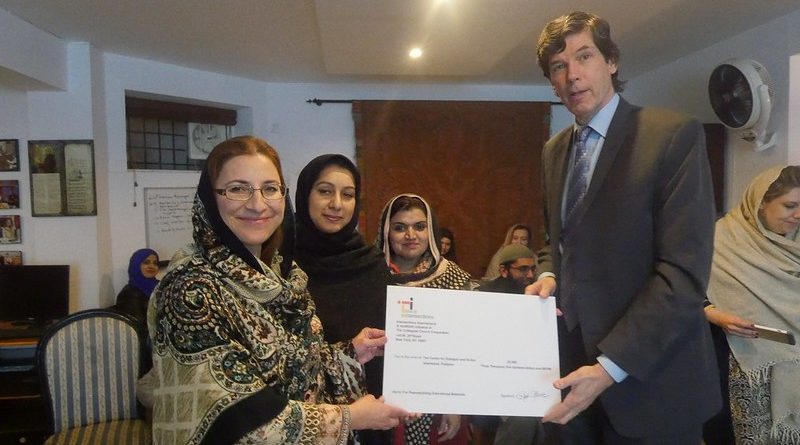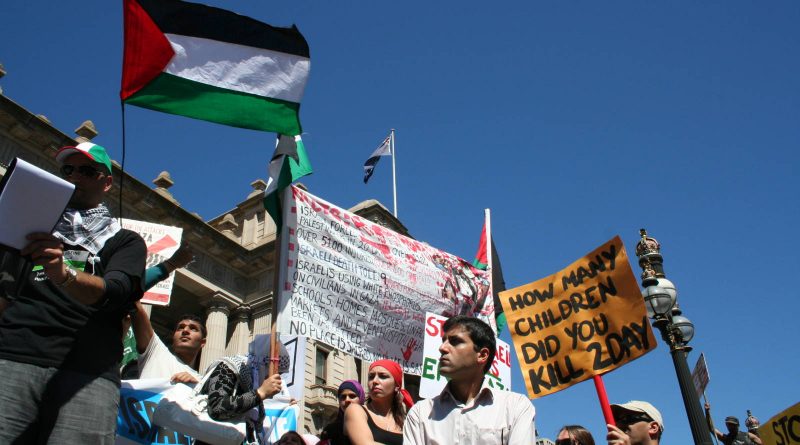Myanmar Military Stages Coup, Imprisons Leader Aung San Suu Kyi
On February 1, 2021, telecommunications were cut, flights grounded, and state television turned off as Myanmar’s military seized power from the country’s democratically re-elected leaders. Aung San Suu Kyi, Myanmar’s State Counsellor, was detained along with many other cabinet members, AP News reports.
Read More
